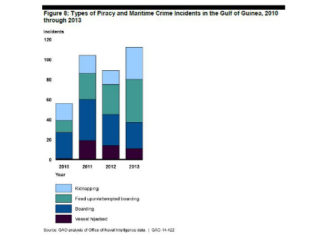
Bolivia: Has Evo Morales proven his critics wrong?
Source: Al Jazeera English
Originally published on Sunday, October 12th.
Evo Morales will most likely be re-elected today because he is a better alternative than his neoliberal predecessors and their contemporary counterparts.
Morales’ presidency is historic for a number of reasons. Consider the fact that before the 1952 National Revolution, indigenous people weren’t even allowed to enter the Plaza Murillo in front of the presidential palace because they were believed to be too dirty and unsanitary. Now an indigenous president and poor farmer without a college education sits in the presidential palace itself, and is likely to be re-elected to a third term in office today with a huge wave of support.

